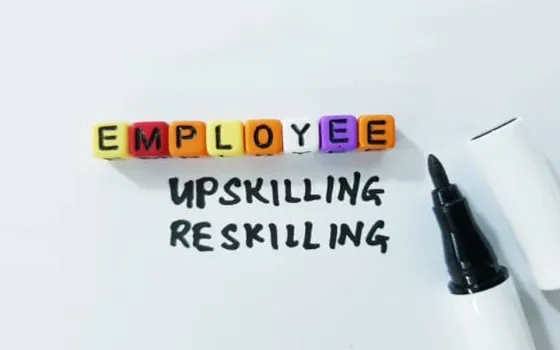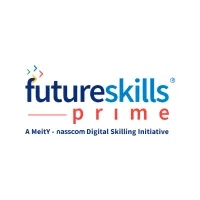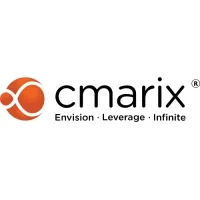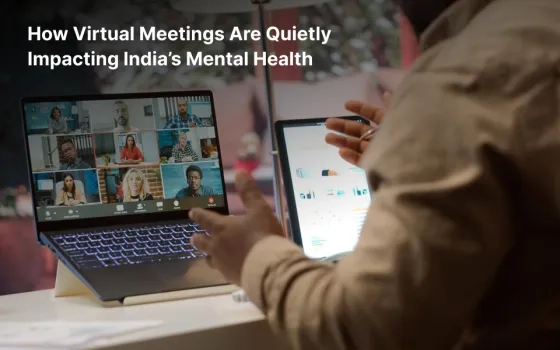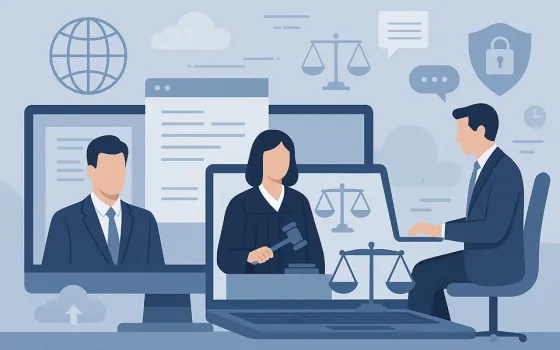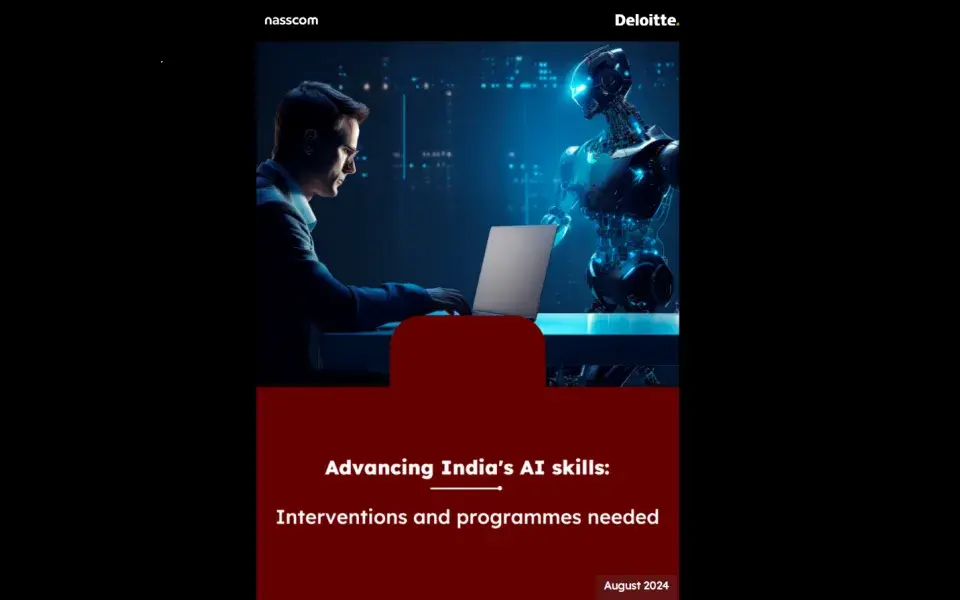One of the big tech buzzwords over the last few years has been digital transformation. Two years into the pandemic has only accelerated the digital transformation momentum. Every organization is now a digital company, and the key driver is the pace at which these companies build unique solutions and capabilities that bring out their competitive advantage, using best-in-class technology available.
The need of the hour for organizations is to find talent who know about the latest technologies. The expanding skills gap for in-demand jobs in IT and other emerging technology specialties, will only intensify in 2022.
To win the talent war and remain at the forefront of digital transformation, it is prudent to shift from a buy to a build mentality as it is cost-efficient to retrain current employees than go out to try and find new ones.
- Building a learning culture that instills Growth mindset
Companies need employees with a “growth” mindset to keep up with the current pace of technology changes. Growth mindset people believe they can rise to a challenge and learn what they need to know on an ongoing basis. As an organization, we can make resources available, even encourage employees to make use of them, but that doesn’t necessarily mean the right learning culture is in place. Employees might still struggle to demonstrate growth mindset.
Organizations should continuously audit the current learning culture and work towards building effective learning frameworks that support a culture of continuous and lifelong learning. For example, Microsoft instills cultural transformation by applying a management framework that emphasizes on Growth mindset: Model – be a role model and lead by example, Coach – slow down on advice giving and stay curious a little bit longer, and Care – do really care about colleagues around you.
- Learning in the Hybrid work environment
Hybrid work environment would be relevant in 2022 even when pandemic concerns cease to exist. The newest L&D trends are all about ensuring that training methodologies offer flexibility to learners and are effective and engaging to serve in-person and fully remote employees equally.
As part of a long-term hybrid vision that pivots around the flexibility needs of employees, blended learning supported by virtual classrooms will need to be leveraged extensively. Tools such as Microsoft Teams have features such as whiteboarding, breakout rooms, raise hands, together mode - that make L&D efforts just as engaging and collaborative as in person ones.
With solutions such as Microsoft Viva Learning, the next generation of enterprise learning goes beyond the traditional structure of LMS or LXP – seamlessly bringing together communication, knowledge, learning, resources, and insights in the flow of work, thereby fostering a culture that empowers people and teams to be their best from anywhere.
- Role of Metaverse
Combining the powers of social networking, AI, AR & VR, we have a very promising solution in Metaverse for meeting the skilling needs in 2022 and beyond. The solution is not only ready to scale but also one that carries huge potential as it reduces onboarding costs and makes a wider pool of talent available to all companies. For example, automobile companies can train people from rural India on how to repair or troubleshoot a car engine, without the need to build expensive factories and training centers.
- Staying current through Certifications
Technology is evolving dramatically, with fields like cloud and analytics, Internet of Things (IoT), mobility, security, virtualization, becoming central to organizations’ business growth strategies. Because of the continuous pace of change, businesses must constantly up-skill their workforce. One way to ensure that skills are always current is to encourage learners to earn globally recognized industry endorsed technical certifications and update/renew the certifications to stay current with the rapid changes in technology.
Certified workforce increases the overall productivity of the team and hence improves the performance of the organization. With certified professionals comes a plethora of knowledge and skills sets which can be utilized by the company to its advantage.
- Practical application of Training programs
A tech skilling program is incomplete without hands-on guided experiences to learn in virtual or live cloud environment. There is also a need to help developers to understand real life industry challenges and improve the application of acquired skills. For example, software developers in the automotive industry must be familiar with various industry standards and how the solution should cater to the same.
Programs such as Future Ready Talent are focused on this aspect. This program ensures students who join the workforce of tomorrow acquire tech and industry skills to develop working prototypes of solutions that address an industry challenge.
Another popular way for organizations to encourage learning, experimentation to solve for solve complex problems, contribute, and build cool stuff is to organize Internal hackathons.
- Leveraging Open-Source Platforms
The open-source ecosystem not only fosters a culture of sharing to help developers learn from other professionals, but also empowers individuals and companies to build faster and better tools through re-use and collaborative, incremental development. Open-source code and software management Platforms such as GitHub act as a one-stop shop for developers to access tools to create and develop projects. Further, the open-source universe also self-selects and propagates innovations and best practices that become standards for software development.
For instance, there is a universal move to cloud-native technologies, heralded by open-source tools like Kubernetes. By training in such technologies, companies create products that are compliant to open-source standards, thus allowing interoperability, adoption and faster deployment of their ideas and improvements to market.
- Use of Data and Analytics
Investment in L&D will continue to increase in 2022, and therefore it would be expected from L&D professionals to demonstrate ROI. L&D Analytics can help correlate the impact of skilling interventions on employee engagement, productivity, and overall company success. In addition, focus should also be on leveraging data and analytics to make better decisions; to hypothesize, experiment, measure and adapt.
For example, L&D team has data on learners, about employees’ job performance, and about activity and success (or failure) in Learning path completions and in application of skills. The data offer insights into what skills people lack, where they need to update, and where they excel.

- Embracing Diversity & Inclusion
An inclusive culture has become an imperative for organizations with globally distributed teams. Having a comprehensive diversity & inclusion training program helps employees understand and appreciate the subject. Each member of the diverse workforce can collaborate, innovate and contribute to business success by bringing their unique experiences and cultural/regional nuances.
Equally important will be to encourage innovation of accessibility solutions. This will ensure products and solutions built are accessible and easy to use for the widest range of audience possible, regardless of disability or impairment.
- Training Managers on Soft Skills

As more organizations build remote or hybrid work into their long-term strategies, the spotlight of this transition is on managers who are responsible for keeping teams and individuals connected with a shared purpose, motivating each member to perform from any location. Managers need to demonstrate more emotional intelligence ensuring the personal well-being of their team members.
Organizations must support their managers to adapt to the hybrid working environment through training and communication.
Investing in managers will help companies to build trust, support, resolve conflicts, and inspire better collaboration which is fundamental to the operating productivity of any organization.Failure to do so risks motivation and trust fabrics to fade thereby leading to increased attrition.
- CSR alignment to Skilling
A significant percentage of companies in India plan to increase their corporate social responsibility funding towards skilling and education in 2022 as per a TeamLease survey. This will include investments towards imparting both vocational and tech skills to school or college dropouts, women, and people with disabilities. The investments coupled with active participation by corporates will help in empowering and enabling our youth to beat unemployment.
In conclusion, technological advancements and skilling will go hand-in-hand, not just to help individuals in their work but also to allow businesses to keep pace with new trends and evolve with technology. Agility and adequate investments into skilling will be critical given the speed of change and the uncertainty which we are all grappling with.



